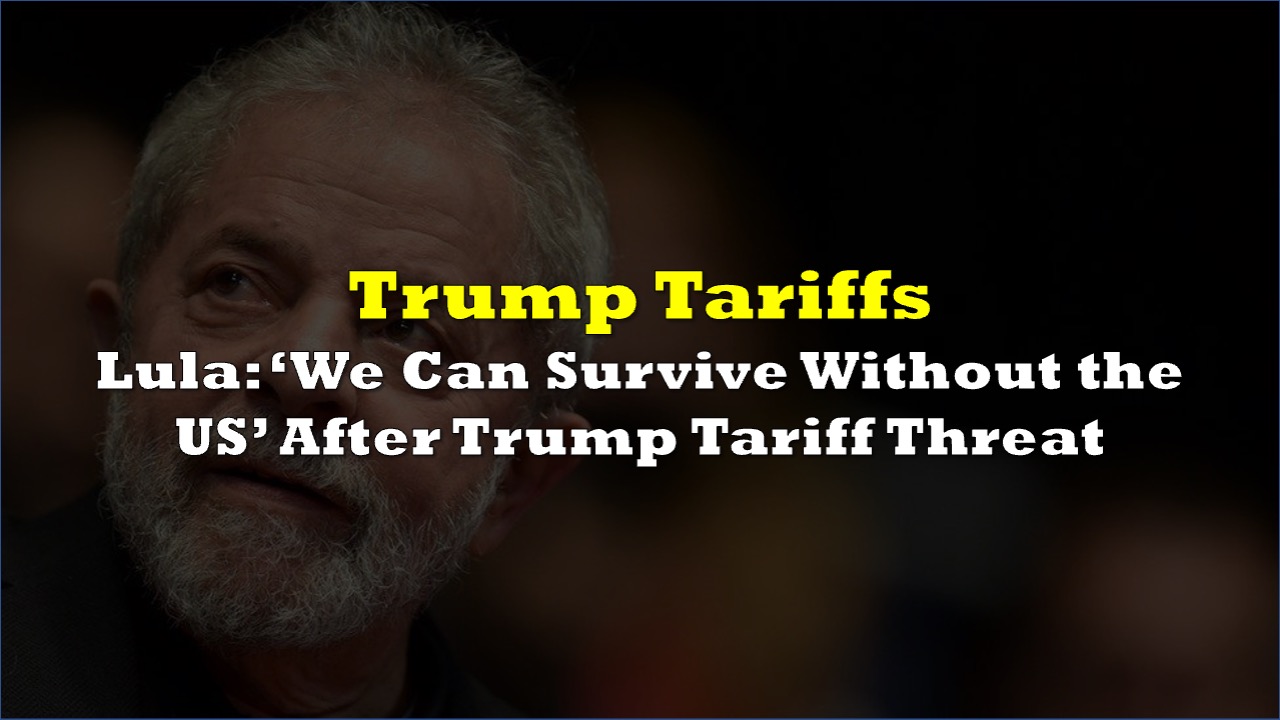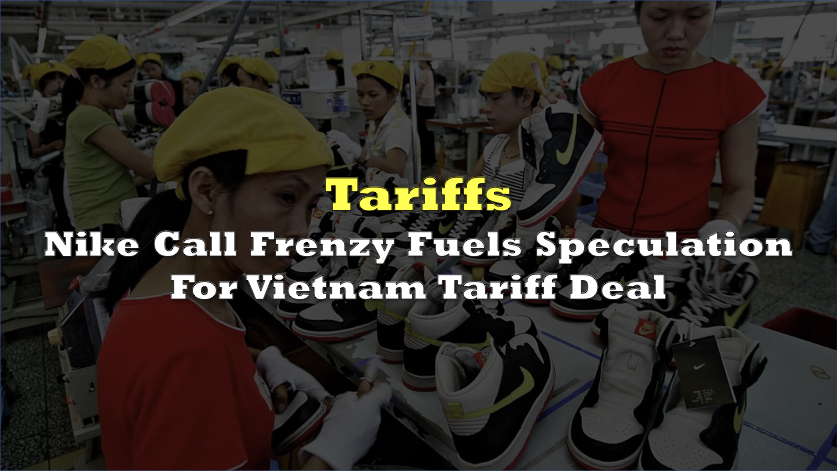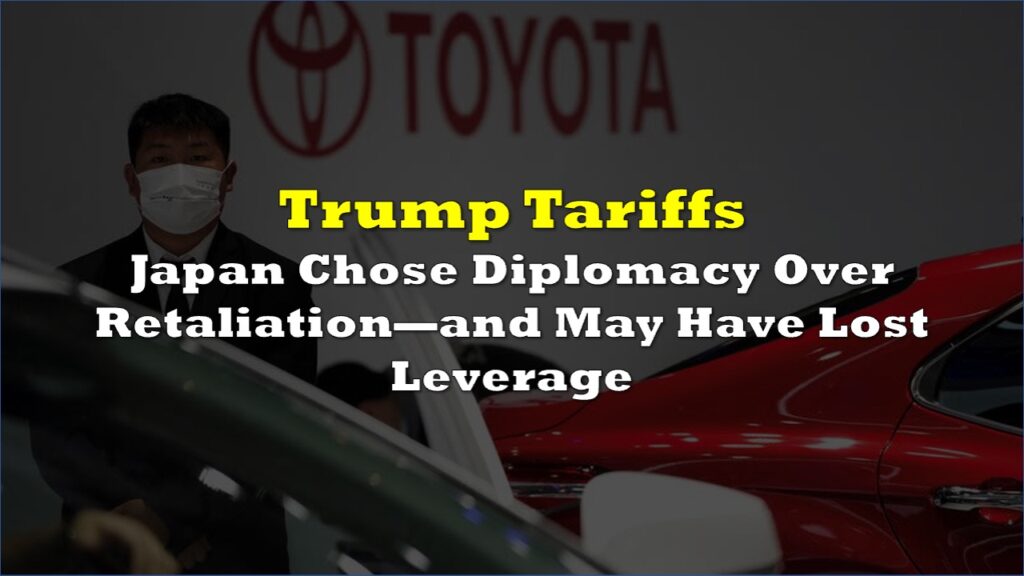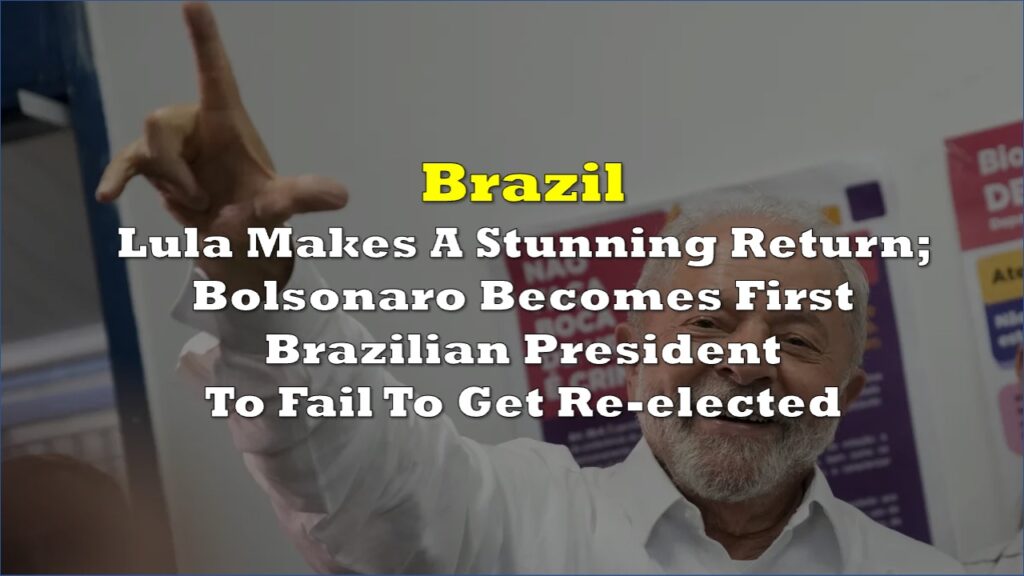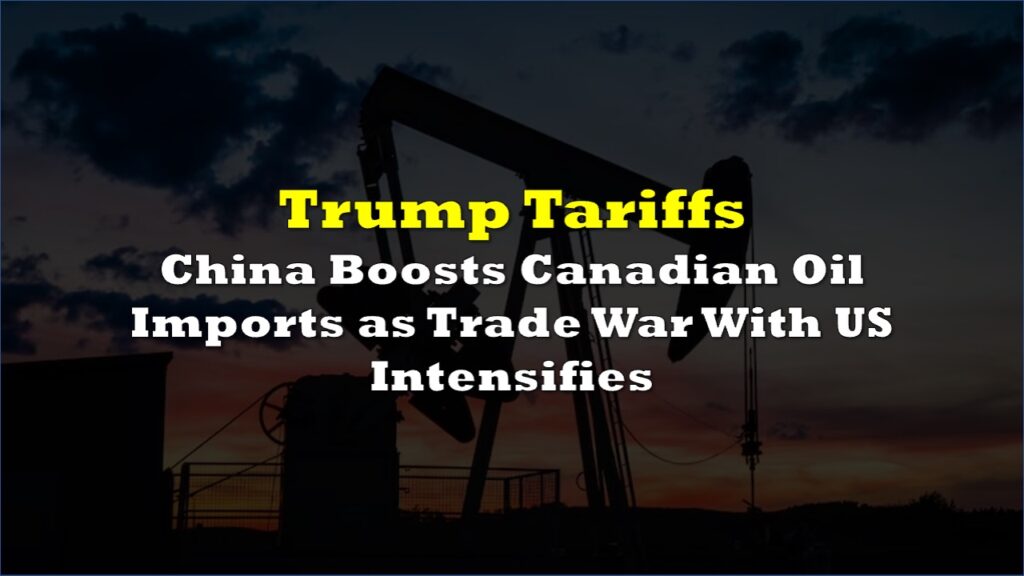Brazilian President Luiz Inácio Lula da Silva responded forcefully Thursday to US President Donald Trump’s threat of 50% tariffs on Brazilian goods, vowing reciprocal measures and declaring that Brazil “can survive without trade with the United States.”
The escalating trade dispute marks the first major pushback Trump has faced from a large economy since resuming his tariff offensive, with Brazil threatening to impose matching import taxes rather than backing down.
Trump announced the tariff threat Wednesday in a letter posted on Truth Social, citing Brazil’s prosecution of former President Jair Bolsonaro as a “witch hunt” and calling the situation “an international disgrace.” The tariffs, scheduled to take effect August 1, would be the highest Trump has imposed on any nation this week.
In a statement posted on X, Lula said Brazil would invoke its Law of Economic Reciprocity to impose equivalent tariffs on US goods.
In light of the public statement made by U.S. President Donald Trump on social media on the afternoon of Wednesday (9), it is important to highlight the following:
— Lula (@LulaOficial) July 9, 2025
Brazil is a sovereign nation with independent institutions and will not accept any form of tutelage.
The judicial…
“Brazil is a sovereign nation with independent institutions and will not accept any form of tutelage,” Lula wrote on social media. “The judicial proceedings against those responsible for planning the coup d’état fall exclusively under the jurisdiction of Brazil’s judicial branch and, as such, are not subject to any interference that could compromise the independence of national institutions.”
The Brazilian president emphasized that the prosecution of Bolsonaro, who faces charges related to an alleged plot to overturn the 2022 election results, would proceed without foreign interference.
“Any measure to increase tariffs unilaterally will be responded to in light of Brazil’s Law of Economic Reciprocity,” Lula stated, referring to recently adopted legislation that authorizes proportional countermeasures against unilateral trade actions.
In a television interview Thursday evening, Lula downplayed the potential economic impact of the tariff dispute, noting that trade with the United States represents only 1.7% of Brazil’s gross domestic product.
“We’re going to have to look for other partners to buy our products,” Lula said. “It’s not like we can’t survive without the US.”
China, not the US, is now Brazil’s leading trade partner, limiting Washington’s economic leverage over the South American nation.
Trump’s letter also criticized what he called Brazil’s “insidious attacks on Free Elections, and the fundamental Free Speech Rights of Americans,” apparently referring to recent Brazilian Supreme Court rulings that could hold social media platforms liable for user content.
Lula defended Brazil’s approach to digital platform regulation, stating that “freedom of expression must not be confused with aggression or violent practices.”
“In Brazil, freedom of expression must not be confused with aggression or violent practices. All companies—whether domestic or foreign—must comply with Brazilian law in order to operate within our territory,” the Brazilian leader said.
Bolsonaro maintained close ties with Trump during both leaders’ previous terms. Bolsonaro and dozens of associates face charges of attempting a coup d’état, which prosecutors allege included plans to assassinate Lula.
Trump has repeatedly compared Bolsonaro’s legal troubles to his own criminal cases before returning to the White House.
The 50% tariff rate far exceeds the 10% tariff Trump initially proposed for Brazil during his “Liberation Day” announcement in April. Trump said the higher rate was “far less than what is needed” to achieve what he called a “level playing field.”
Despite the heated rhetoric, the two countries maintain significant trade ties. The US has a trade surplus with Brazil, exporting more goods to the South American nation than it imports. Brazil ranked as the 18th-largest source of US imports last year, with the US purchasing approximately $40 billion worth of Brazilian goods in 2024.
As a major global coffee producer, Brazil supplies over one-third of the world’s coffee beans, making the tariff threat particularly significant for American consumers and businesses that rely on Brazilian agricultural exports.
Unlike other countries that have quickly capitulated to Trump’s tariff threats, Brazil has taken a defiant stance, leveraging its position as Latin America’s largest economy and a founding member of the BRICS bloc of emerging economies.
At a recent BRICS summit in Rio de Janeiro, member nations condemned rising tariffs without specifically naming Trump, expressing concerns about global trade disruptions.
Brazil’s relatively closed economy makes it more insulated from trade fluctuations than countries more dependent on US markets. Colombia, for example, quickly reversed course on immigration policies after Trump threatened tariffs earlier this year.
The Brazilian government has received widespread domestic support for its stance, with social media showing strong backing for Lula’s rejection of what many Brazilians view as inappropriate US interference in their judicial system.
Information for this story was found via the sources and companies mentioned. The author has no securities or affiliations related to the organizations discussed. Not a recommendation to buy or sell. Always do additional research and consult a professional before purchasing a security. The author holds no licenses.

